Tripartite Conference And Birth Of New Institutions
- Par Emmanuel
- 14 Apr 2021 11:39
- 0 Likes
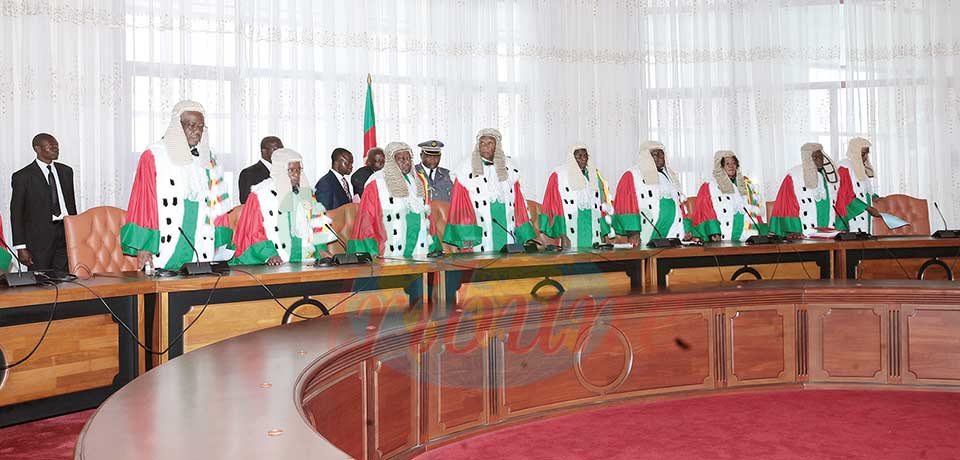
The Conference organised in 1991 was one of the impacts of the reintroduction of multiparty politics and had resulted in the birth of new institutions in Cameroon.
The Head of State, President Paul Biya in his characteristic yearning for dialogue in settling issues plaguing national life instead of the National Conference clamoured for by the opposition, called for the Tripartite Conference that took place at the Yaounde Conference Centre from October 30 to November 15, 1991. It brought together the government, opposition parties and members of the civil society who under the patronage of the Prime Minister discussed the draft electoral code and draft decree on the access of political parties to official media. The was also a commission set up to propose amendments in the 1972 Constitution to adapt it to the current realities.
Local Authorities
Concerning the form of State, the Constitution in Section 1 (2) provides that, “The Republic of Cameroon shall be a decentralised unitary State. It shall be one and indivisible.” Section 55 (1) of the Constitution further specifies that “Regional and Local Authorities of the Republic of Cameroon shall comprise Regions and Councils.” Before the enactment of the law, only City, Subdivisional and Local Councils existed. The Regions are gradually entering into force with election of pioneer Regional Councillors on December 6, 2020. The executives of the 10 Regional Councils are bracing up for work and adequate logistics are being put in place for the Regional Councils to go operational.
Senate
The Constitution made provisions for a bicameral parliament in Cameroon. According to Section 14(1) “Legislative power shall be exercised by the Parliament which shall comprise two Houses: The National Asse...
Cet article complet est réservé aux abonnés
Déjà abonné ? Identifiez-vous >
Accédez en illimité à Cameroon Tribune Digital à partir de 26250 FCFA
Je M'abonne1 minute suffit pour vous abonner à Cameroon Tribune Digital !
- Votre numéro spécial cameroon-tribune en version numérique
- Des encarts
- Des appels d'offres exclusives
- D'avant-première (accès 24h avant la publication)
- Des éditions consultables sur tous supports (smartphone, tablettes, PC)






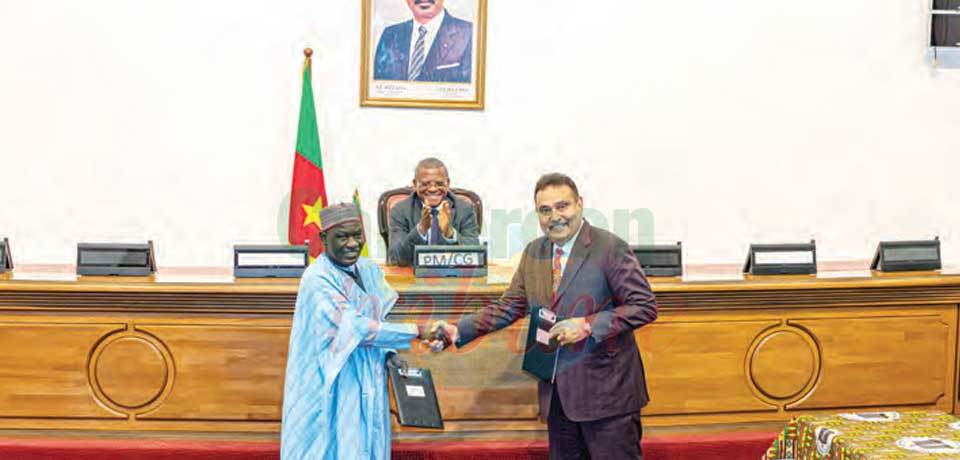
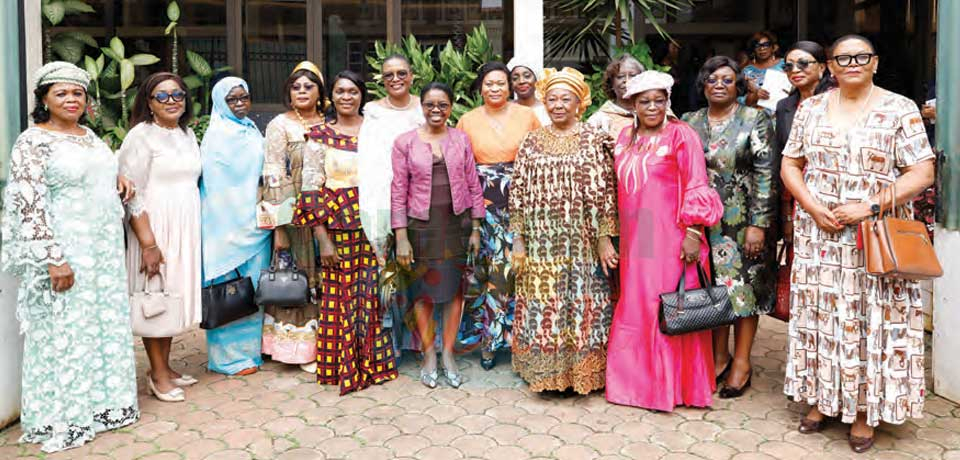
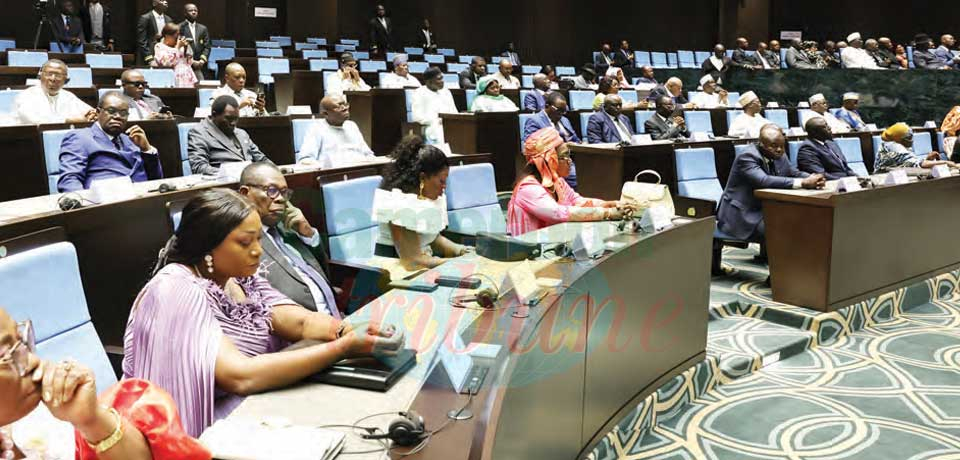
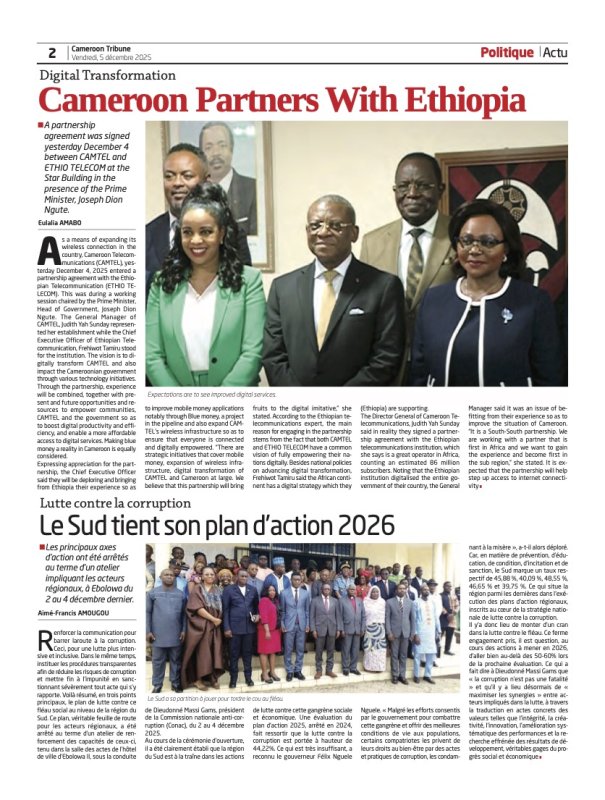




Commentaires